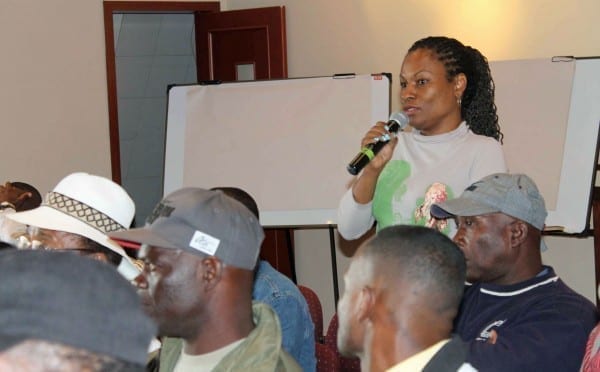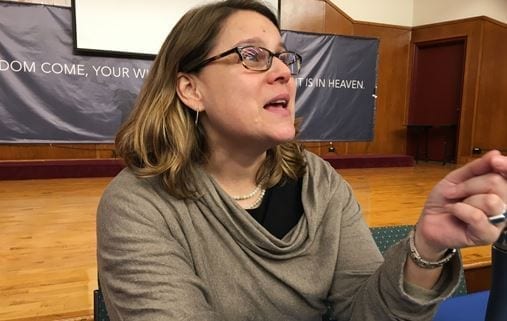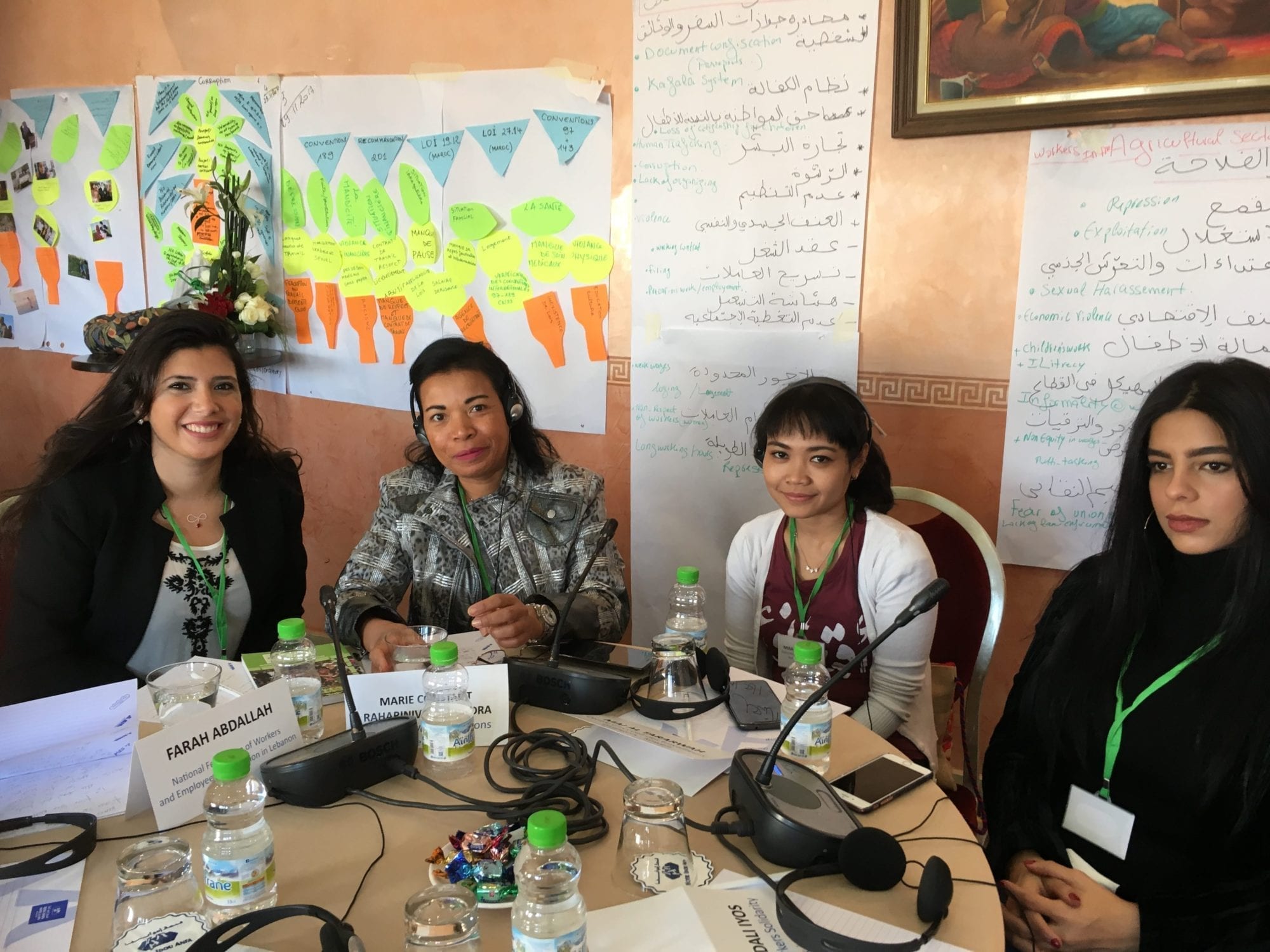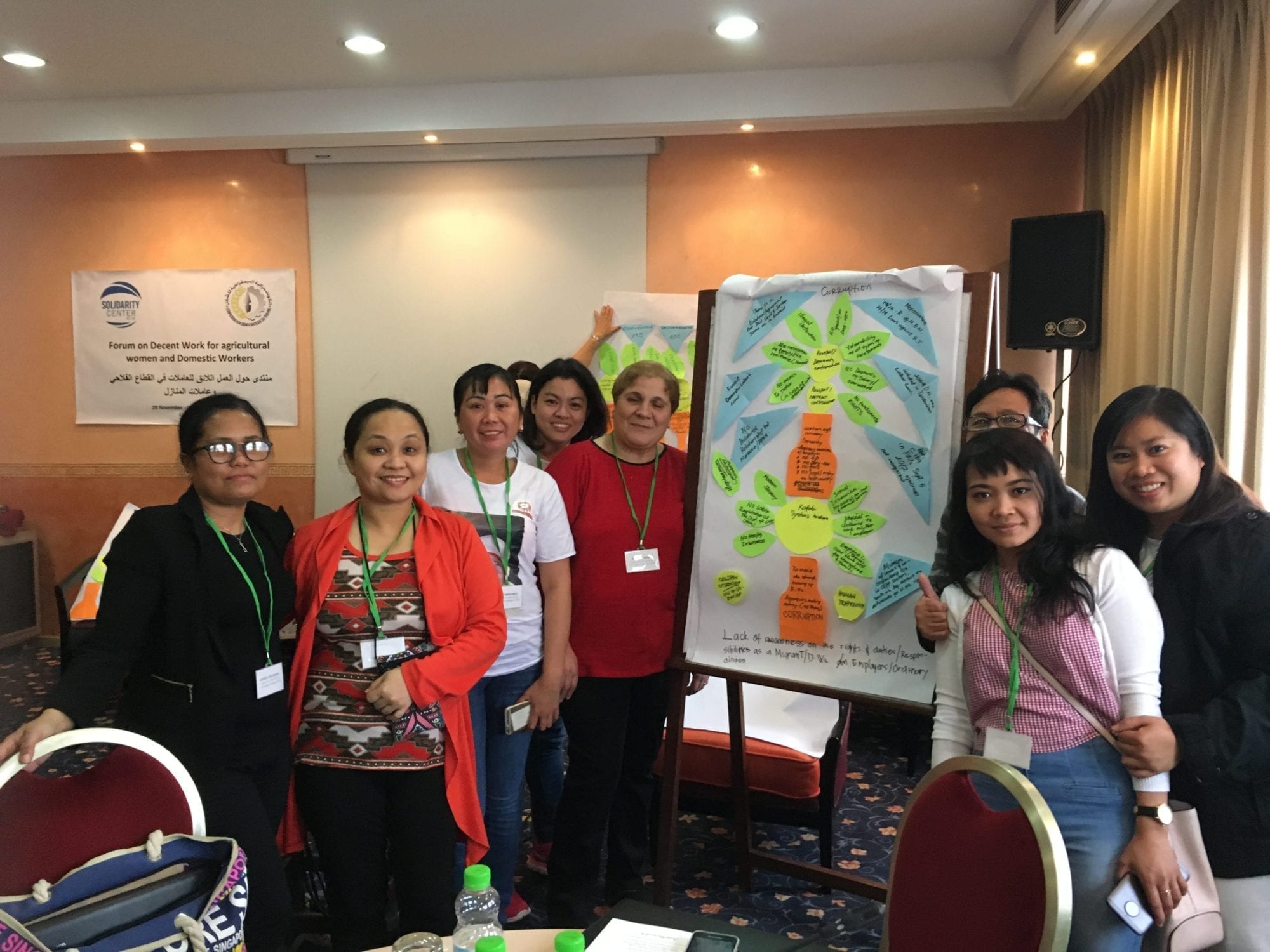Highlighting the importance of addressing violence against women in the workplace, Solidarity Center’s Robin Runge, senior specialist for gender inequality and inclusion, today was interviewed by Jason Vorderstrasse, deputy director of the State Department’s Office of...

The Solidarity Center supported the development of the Afro-Colombian Labor Council, the first national organization in Colombia dedicated to improving the working conditions of Afro-descendants. Credit: Solidarity Center/Rhett Doumitt
- Conducts research and awareness-raising to challenge systems of oppression and inform inclusive approaches to building worker power across social identities at all levels
- Supports representative, inclusive leadership in our partner organizations
- Engages in cross-movement work to combat tools of oppression that impact women, including gender-based violence and harassment at work
- Brings together unions and community groups to identify shared socioeconomic struggles, analyzes how those struggles are linked to systemic racism and implements organizing, legal and advocacy strategies to collectively overcome the oppression that entraps workers in poverty
- Advocates for economic policies that uproot systemic discrimination and exploitation in labor markets.
Decent Work Forum: ‘With a Union, We May Fight Together’
Ending human trafficking. Ensuring all employers treat workers fairly. Giving voice to migrant workers around the world. Creating a world in which women are treated equally to men. These are some of the broad goals participants at the Solidarity Center Forum on Decent...
Decent Work Forum: Sharing Strategies for Success
Following heartfelt rounds of songs on workers’ struggles and union solidarity, some 30 worker rights advocates launched the second day of the Forum on Decent Work for Agricultural Women and Domestic Workers. Discussions centered on the lack of migrant worker rights...
No Results Found
The page you requested could not be found. Try refining your search, or use the navigation above to locate the post.



